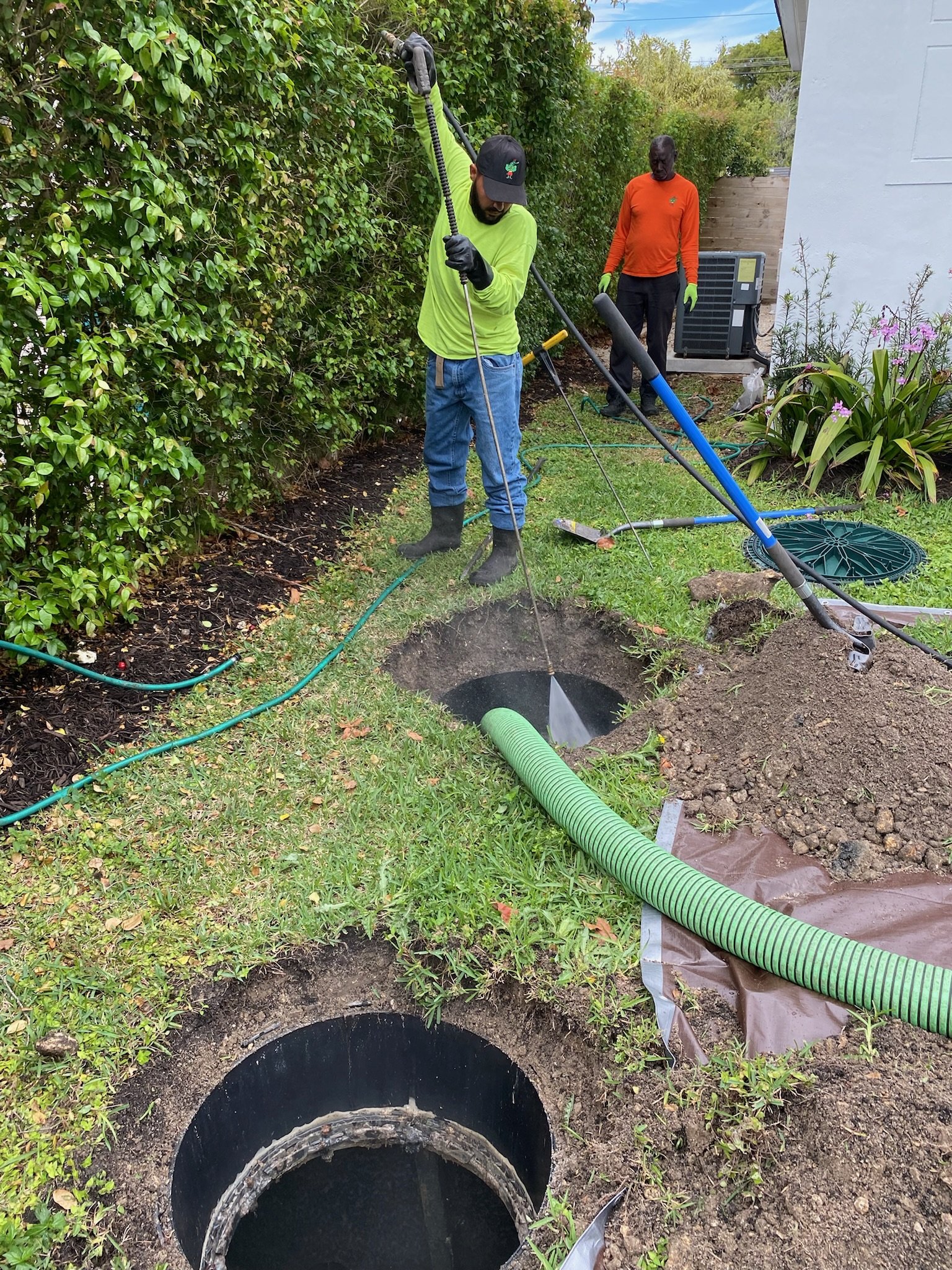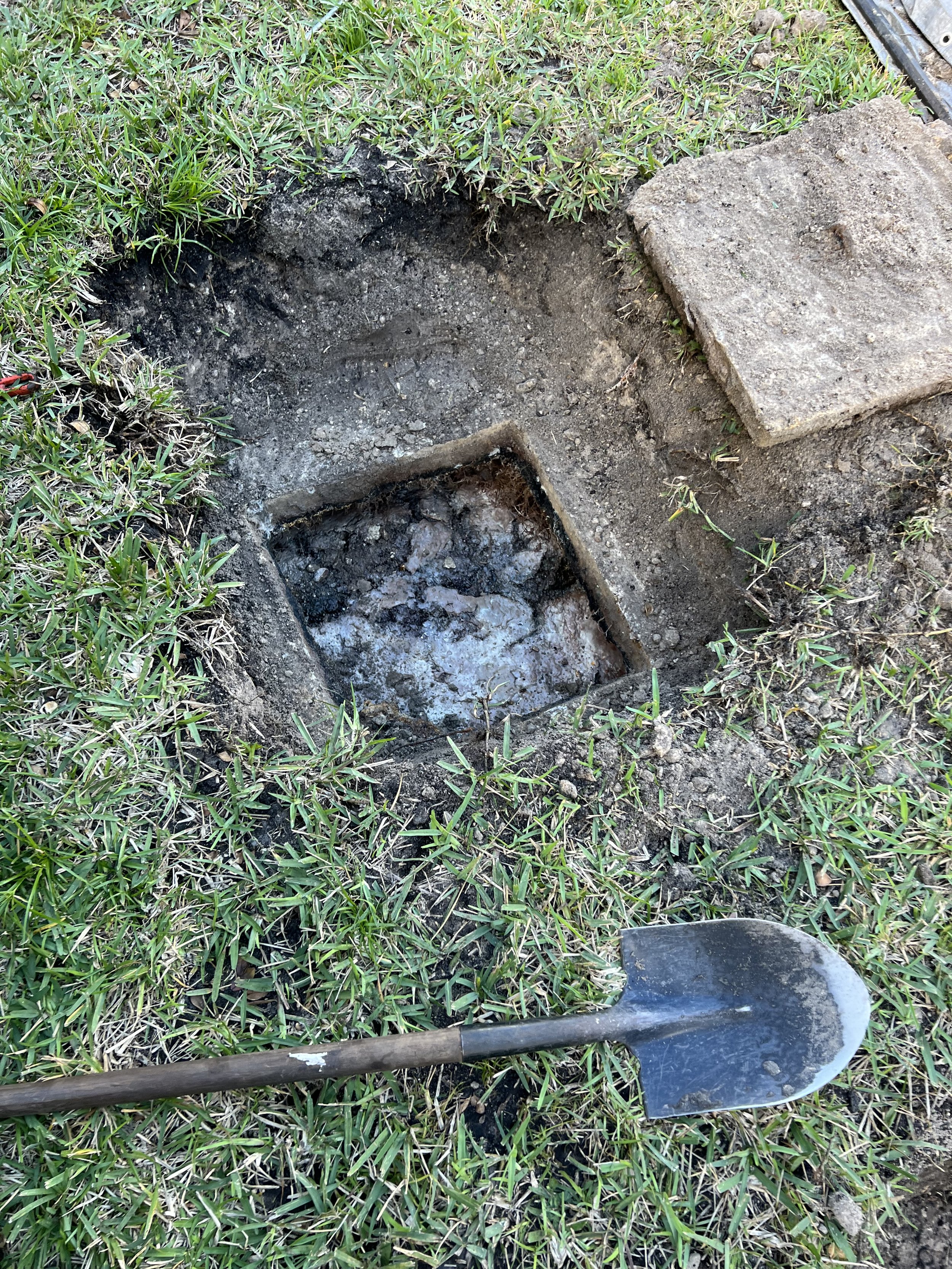Simple Septic Tank Maintenance Tips
A General Rule Is To Pump & Pressure Wash The Tank Every 2-3 Years Depending on Usage.
It Is Like A Car: If you don’t change your oil, sludge will destroy your engine.
Many homeowners often neglect their septic tank systems, leading to a host of problems such as drain field failures, plumbing line blockages, and overflowing tanks.
In this article, we will discuss how to keep your septic tank in good condition and avoid costly repairs.
Why is Septic Tank Maintenance Important?
Regular septic tank maintenance is crucial for several reasons.
Firstly, it helps to ensure that your septic system is functioning efficiently. Over time, sludge and scum can accumulate in your septic tank, leading to inlet pipe blockages and a lack of processing power in the tank. If left unchecked, these issues can result in costly repairs or even complete system failure.
Secondly, proper septic tank inspection & maintenance can prevent hazards associated with a malfunctioning system. Backups, which can occur when sludge and solid waste accrue in the tank, can lead to property damage. A damaged tank or septic tank lid can pose a threat to anyone walking on your property.
Lastly, regular maintenance can help to extend the life of your septic tank system. A well-maintained system can last for many years, saving you the cost of replacing it prematurely.
Steps for Proper Septic Tank Maintenance
Maintaining your septic tank is relatively simple, but it does require some effort on your part. Here are some steps you can take to ensure that your septic system is running smoothly:
Regular Pumping and Pressure washing: It is recommended that you have your septic tank pumped and washed out every 2 to 3 years, depending on its size and usage. This will remove accumulated sludge and scum and help prevent blockages in the inlet pipe. Without pressure washing the sludge will destroy concrete tanks and sludge will destroy drain fields in all septic systems.
Watch What You Flush: Only flush toilet paper and human waste down your toilet. Avoid flushing feminine hygiene products, paper towels, and other items that can clog your pipes.
Conserve Water: Excessive water usage can overwhelm your septic system and lead to system failure. Be mindful of your water usage and repair any leaks promptly. Running toilets will blend the sludge in your tank and send it out to the drain field.
Use Septic-Safe Products: Avoid using harsh chemicals that can kill the beneficial bacteria in your septic tank. Instead, use septic-safe products for cleaning and laundry.
Keep Records: Keep a record of your septic system's maintenance, including pumping dates and any repairs. This can help you identify any issues early on and prevent costly repairs.




